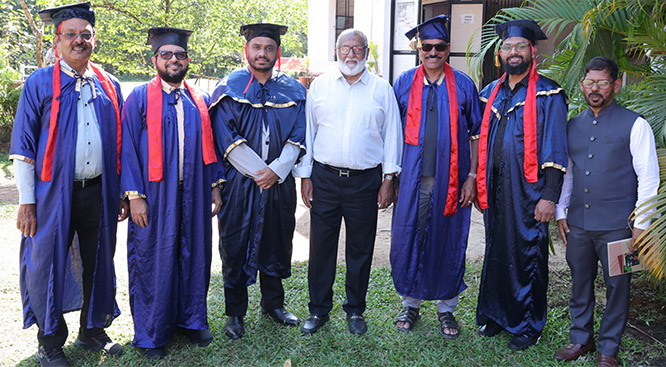
Israel has announced the launch of a new ground onslaught in Gaza City, with rescuers saying military aggression has killed at least 30 people across the Palestinian territory since dawn.
In Gaza City, the Israeli military said ground troops had begun pushing into the Shejaiya neighborhood to expand the so-called "security zone" there, claiming that civilians had been allowed to evacuate the area.
Initial reports, however, said a Palestinian woman and her daughter were just killed in an Israeli artillery shelling on displaced people in Shejaiya.
Gaza's civil defense agency said Israeli military aggression had killed at least 30 people in the Palestinian territory since dawn, adding that the toll was "not final".
A single Israeli strike on Khan Yunis killed at least 25 people, a medical source at the southern city's Nasser Hospital said.
"The situation is very dangerous, and there is death coming at us from every direction," Elena Halas told AFP reportedly via text message, adding that she and her family were trapped in her sister's house in Shejaiya.
Israel has pushed since the collapse of a short-lived truce in the war to seize territory in Gaza. Simultaneously, it has escalated attacks on Lebanon and Syria, with a strike in the south Lebanese city of Sidon killing a Hamas commander along with his son on Friday.
Minister of military affairs Israel Katz had said on Wednesday that Israel would bolster its military presence inside the Gaza Strip to "seize large areas that will be incorporated into Israeli security zones", without specifying how much territory.
Prime minister Benjamin Netanyahu said the military was dividing Gaza and "seizing territory" to force Hamas to free the remaining captives seized in the October 2023 operation inside southern settlements.
Netanyahu has said his regime is working closely with the US to implement President Donald Trump's plan to displace Gazans.
Latest air raids have targeted Gaza City, as well as Beit Lahia, Rafah, and Khan Yunis, killing dozens of people and injuring several others.
On Thursday, hundreds of thousands of fleeing Gazans sought shelter in one of the biggest mass displacements of the war, as Israeli forces advanced into the ruins of the city of Rafah.
A day after declaring their intention to capture large swathes of the crowded territory, Israeli forces pushed into the city on Gaza's southern edge which had served as a last refuge for people fleeing other areas for much of the war.
The Ministry of Health in Gaza said on Thursday that 112 Palestinians were killed by Israeli airstrikes, with at least 70 of those deaths taking place in Gaza City, in the north of the strip.
Gaza's civil defense agency said women and children were among the dead, while six people were still unaccounted for in the strike on Dar al-Arqam School in the al-Tuffah neighborhood, northeast of Gaza City, including a pregnant woman who was expecting twins.
Beit Hanoun Mayor Mohammad Nazek Al-Kafarna was one of the victims of the Israeli strike that hit the school on Thursday.
The Health Ministry said on Thursday that 1,163 people have been killed in the Palestinian territory since Israel resumed intense bombing on March 18, bringing the overall death toll since the war began to 50,523.
The usurping entity accepted longstanding negotiation terms by the Hamas resistance group under a Gaza ceasefire, which began on January 19.
On March 18, however, Israel unilaterally broke the truce and resumed its relentless bombing of Gaza.










Comments
Add new comment